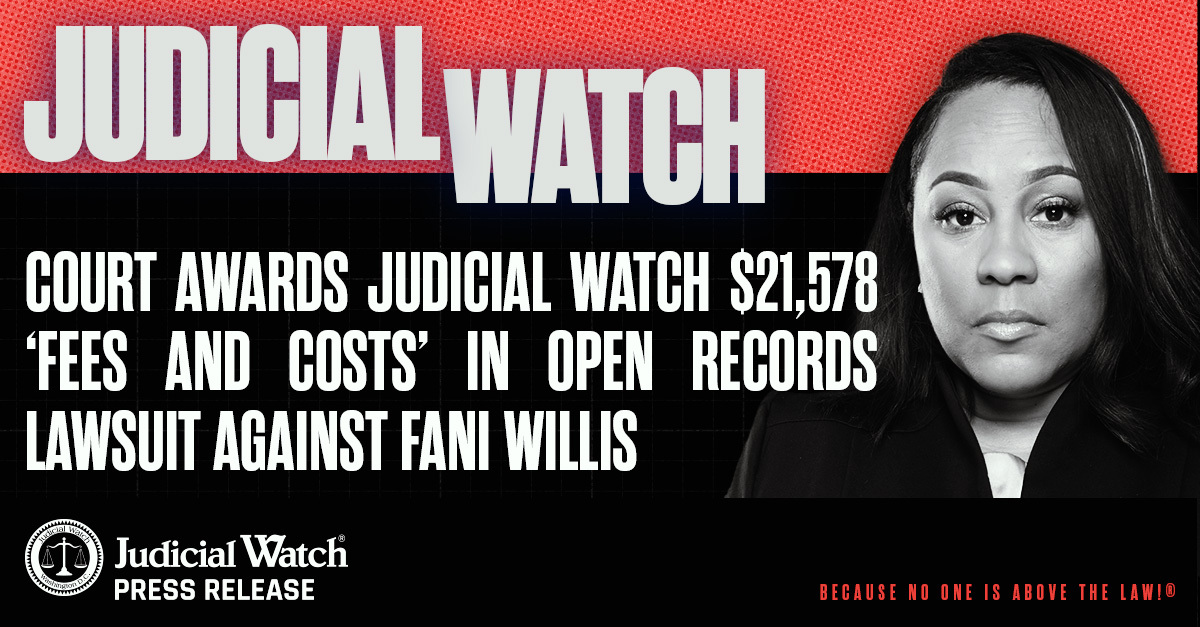

U.S. Treasury Spends Over $100 Mil to Promote New Bills
In a grisly example of government waste, the United States Treasury paid an upscale public relations firm more than $100 million to actually promote money. Documents—including contracts—associated with the outrageous deal have conveniently disappeared.
This much we know for sure: The Treasury Department’s Bureau of Engraving and Printing (BEP) doled out $112.7 million to educate the public about the redesign of the $100, $50, $20, $10 and $5 notes. It was part of a public education and awareness program intended to promote a seamless introduction of new currency into global commerce. At least that’s how the costly campaign is described in a federal audit released this week by the Treasury Inspector General, which found that the deal was grossly mismanaged.
The agency hired a global public relations firm called Burson-Marsteller to conduct the education campaign, which included the creation of foreign language (including Vietnamese) brochures explaining and illustrating the changes to the bills. Taxpayers may wonder if this was really necessary. After all, the new bills are not that different from the old ones. The Treasury insists, however, that before a redesigned denomination of U.S. currency is issued into circulation, it must make domestic and international users aware of the changes in the note’s features so they will accept and use the currency, the audit explains.
The first multi-million-dollar global public education and awareness initiative was launched in 2002 for the introduction of the redesigned $20 note in 2003, the $50 note the following year and the $10 note in 2006. Burson-Marsteller got a sweet, five-year contract worth $55.2 million to educate the world about the redesign of the various U.S. bills. But that wasn’t enough, loads of government cash kept pouring into the coffers of Burson-Marsteller, a huge and politically-connected firm with dozens of offices in more than 30 countries.
In 2006, the Treasury launched another public education and awareness program for the introduction and release of the redesigned, or “NexGen,” $5 and $100 notes. That brilliant campaign cost U.S. taxpayers an astounding $57.5 million. The original contract was for $36.2 million, but it got bumped because “unanticipated costs to provide the public with brochures and other printed materials on the currency redesign” required an additional $21.3 million. The exorbitant addition was necessary to complete what’s officially known as “materials fulfillment,” according to the federal audit.
Here’s what American taxpayers got in this fleecing to promote an established product—U.S. currency—that hardly needs it; education materials on the new bills in 18 foreign languages, awareness programs aimed at domestic and Latin American markets, stakeholder and media outreach and an interactive website. There was also a special focus on the gaming industry and international markets, which didn’t come cheap. The deeper you get into the 42-page Treasury watchdog report, the more enraging it all becomes. In a nutshell, the agency violated federal contracting rules to dole out large sums of cash for this laughable education campaign then didn’t bother to keep track of the deals.
In an apparent effort to hide details of this huge mess, the Treasury Department has conveniently lost “contracting documentation,” the report reveals. The agency watchdog refers to this as “deficiencies,” mere “non-compliance” of federal contracting laws and “inadequate subcontractor oversight” but it’s clearly much worse than that. Judicial Watch has launched an investigation into this matter and is in the process of filing Freedom of Information Act (FOIA) requests to obtain copies of the reports, presentations and communications plans provided by Burson-Marsteller for these scandalous Treasury BEP contracts.















